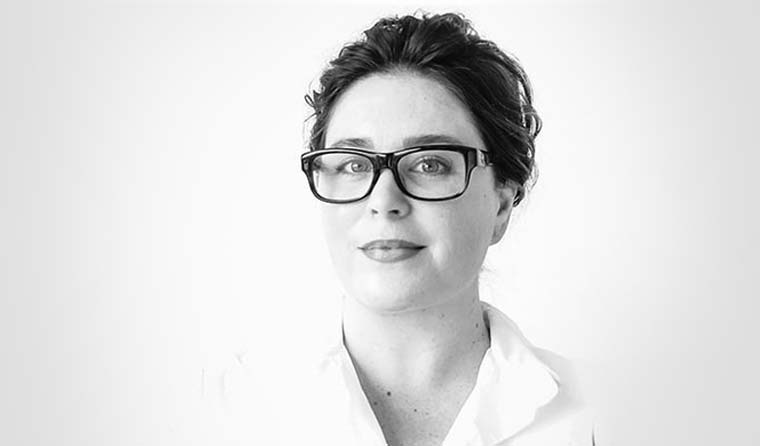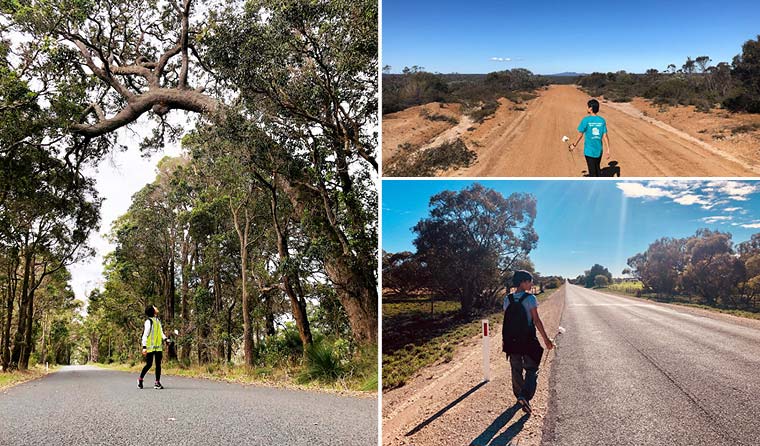Feature
Examining what assisted dying means for Australia’s GPs
What role will GPs play in voluntary assisted dying? That question will be discussed at a GP19 plenary panel.
 Australians have expressed a broad range of opinions on voluntary assisted dying.
Australians have expressed a broad range of opinions on voluntary assisted dying.
Now that assisted dying is legal for a quarter of all Australians, what does that mean for GPs?
That question will be discussed at a GP19 plenary panel, Voluntary assisted dying and the role of the GP, facilitated by host of SBS Insight, Jenny Brockie.
The panel will focus not on the ethics of the issue, but rather on the practicalities regarding the intersection of palliative care and assisted dying, legal safeguards for doctors and patients, and the international experience with assisted dying.
Speakers include bioethicist Courtney Hempton, health consumer Belinda Teh, former Victorian Supreme Court Judge Betty King, GP Dr Horst Herb and palliative care physician and Professor Liz Reymond, among others.
For Monash University bioethicist and PhD candidate Courtney Hempton, the legalisation of voluntary assisted dying in Victoria represents the first step in a complex journey.
‘There still is, even at the clinician level, a lot of misunderstanding about what the Victorian model actually provides for and how strict the criteria are,’ she told newsGP.
‘For many patients, GPs will be the starting point in terms of requesting information on this. So I would suggest that GPs – even if they think they’re not willing to participate – still need to be prepared for when patients do request information about it and think how they might respond.
‘GPs do not have a legal obligation to refer to someone else who will assist if they themselves choose not to. But given the strong relationship and trust many patients have with their GPs, lots will feel comfortable asking their GP about assisted dying.’
Ms Hempton stresses the fact that navigating the legislation can be complex.
‘It will be a challenge for GPs both at a practice and individual level,’ she said. ‘There is discretion at a practice level as to what extent the practice will participate, if at all. Some may provide some aspects of assisted dying, but not all.’

For Monash University bioethicist and PhD candidate Courtney Hempton, the legalisation of voluntary assisted dying in Victoria represents the first step in a complex journey.
The newness of the legislation means that much is still being hashed out. For instance, there is currently no public list of participating doctors.
‘This is still such a sensitive part; there are very few doctors who are out and willing to be the public face of assisted dying,’ Ms Hempton said.
One of the challenges of Victoria’s model, Ms Hempton explained, is where patients would go if their GP was a conscientious objector.
‘Hopefully, that’s a role the state-wide care navigators will play,’ she said.
‘Conscientious objection is much broader in assisted dying than abortion law in Victoria.
‘Healthcare professionals can refuse to participate in any aspect of the practice, from assessing the patient to prescribing the substance to refusing to be present when the patient administers.
‘That may have implications in an inpatient or aged care setting.’
Ms Hempton cautions that assisted dying will by no means become the default for people with a terminal illness.
‘Of the 40,000 registered deaths in Victoria every year, it’s estimated there might be up to 150 deaths with assisted dying. It will only be available to a small number of people,’ she said.
‘That means it’s important to realise it’s only one option, and to consider those other options and other conversations around advanced care directives and care plans.’
The model is only available to patients who can give voluntary consent, which requires decision-making capacity at the time of the request. That means people with dementia are not eligible.
In addition, patients cannot request assisted dying in an advanced care directive.
Victoria’s assisted dying model is based around patient administration of the lethal substance, but doctors can administer in rare cases.
‘Once a patient has gone through the request and been given a permit, they can then have the substance prescribed and delivered to them. The Victorian model does allow for practitioner administration, but only when a patient cannot physically self-administer,’ Ms Hempton said.
GPs are not obliged to be present when their patient self-administers.
‘Some will choose to do that, others will not. Some patients may choose to tell their GP they’re doing it, others will not,’ Ms Hempton said. ‘So there’s much variability in what this might look like for people.’
How will palliative care and assisted dying work together?
Ms Hempton believes the two are not mutually exclusive.
‘Patients must have other relevant treatment explained to them, including palliative care, and the likely outcomes,’ she said.
‘It is very clear that patients will not be abandoned by palliative care if they seek assisted dying. But in practice, a lot of communication will be required to support practitioners and patients to navigate this.
‘More broadly, palliative care peak bodies are now navigating the challenges this presents. Palliative Care Australia’s [PCA] recent position statement neither advocates for or against assisted dying, similar to the RACGP.
‘But the PCA is clear that assisted dying is not considered part of palliative care practice.’
A long journey
In August, Belinda Teh set off on foot from Victoria’s Parliament House and headed west, towards home.
She carried a white rose, in memory of her mother.
Six weeks and 3500 km later, the 26-year-old arrived on the steps of the WA Parliament, as a crowd of supporters cheered.
The goal of her continent-spanning walk was to raise support for her home state’s proposed assisted dying law, by walking from the first state in Australia where the process is legal.
The issue is deeply personal for Ms Teh. In 2016, her mother Mareia died in great suffering – despite the best efforts of her palliative care team.
The experience drove Ms Teh to undertake what she calls her ‘big walk’.

Belinda Teh walked from Melbourne to Perth to raise awareness of voluntary assisted dying laws.
WA’s laws easily passed the states lower house last month, but the upper house vote is expected to be highly contested.
Ms Teh – who will represent the health consumer perspective on the GP19 panel – told newsGP she is not motivated by negativity towards the health system.
Ms Teh’s mother’s breast cancer was asymptomatic and caught very late.
‘Mum was a nurse, she was just unlucky,’ Ms Teh said. ‘She had palliative care, which she said was amazing. If I was dying from cancer, I’d want the same medical team – they were so incredible.
‘That really positive experience I had with Mum’s palliative care makes me so passionate about assisted dying. Because I saw how good it was.’
The last four hours of her mother’s life were ‘horrendous’, Ms Teh said.
It was 4.00 am when Ms Teh got the call she had been dreading. The end was near.
‘I went into the room and Mum was unrecognisable. Her eyes were in different directions. She was twitching, gasping for air, choking on her own tongue. It was shocking to see,’ she said.
Ms Teh understands the challenge assisted dying can pose for doctors.
‘If assisted dying becomes available around Australia, I wouldn’t want doctors to feel pressured to participate,’ she said.
Ms Teh believes, though, that assisted dying needs to be part of the equation, rather than a total reliance on palliative care.
‘My mum had the best palliative care available, and she still suffered greatly,’ she said.
‘When someone says we need to shelve assisted dying and continue palliative care, it’s like saying we can just improve airplane technology so they don’t crash,’ she said. ‘You still need to have a parachute, just in case.
‘Assisted dying would give a sense of relief – there’s less anxiety.’
GP19 palliative care voluntary assisted dying
newsGP weekly poll
Which of the following areas are you more likely to discuss during a routine consultation?